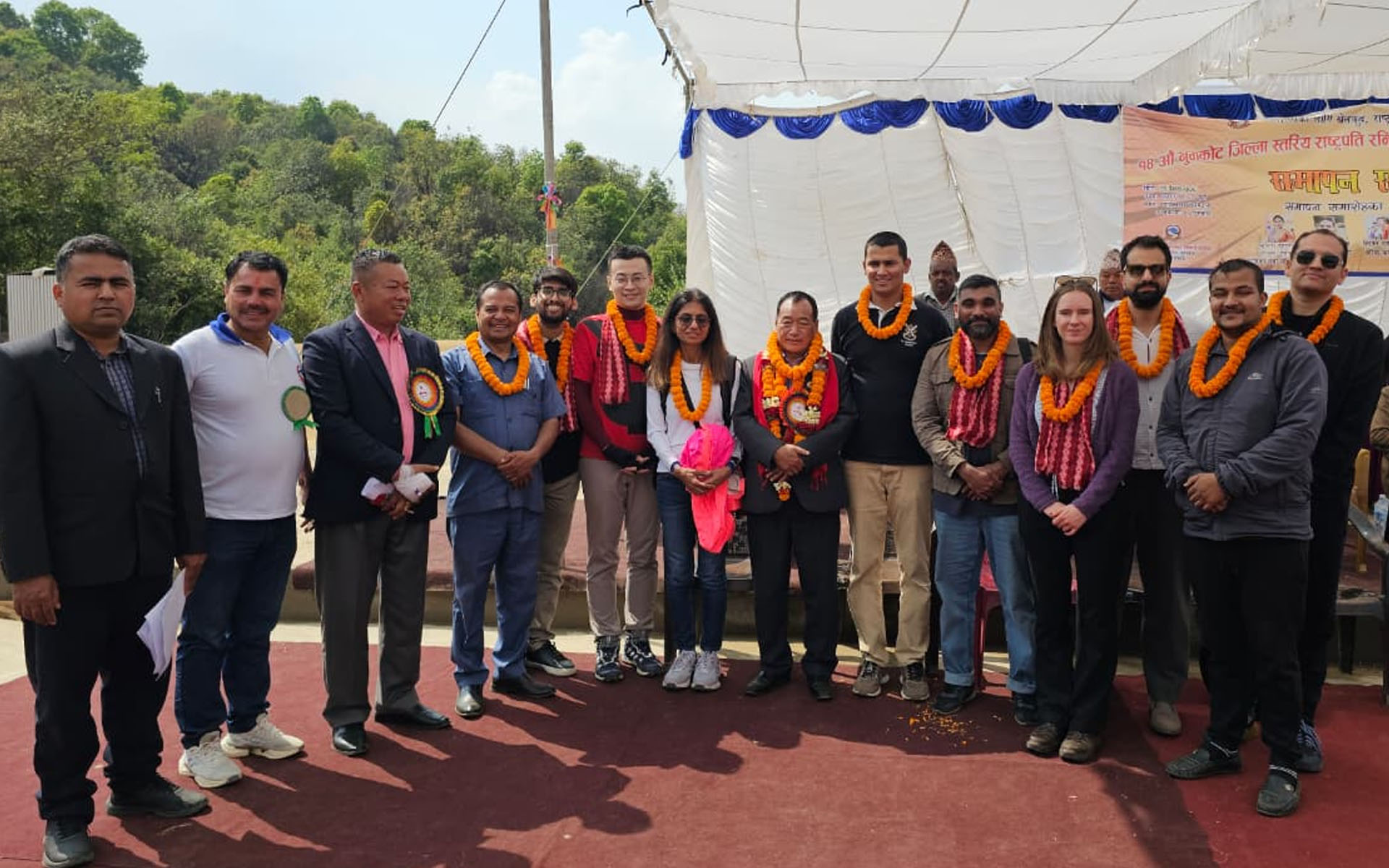
Diplomacy is often understood in terms of treaties, summits, and negotiations. Yet, at its most meaningful level, it is about connecting people, ideas, and institutions to create shared solutions for common challenges. During the Oxford Diplomatic Society’s Nepal Trip in April 2025, I had the opportunity to engage with leaders, policymakers, and communities in constructive and meaningful ways. For me, it represented both a professional and personal point of growth, emphasizing the importance of education and health diplomacy in driving inclusive development.
During the visit, I had the privilege of engaging with a broad range of institutions and distinguished dignitaries. I also had the privilege of hearing perspectives from distinguished leaders. These interactions provided valuable insights into the diverse dimensions of diplomacy. The spirit of collaboration highlighted the strength of cross-disciplinary exchange: when professionals from varied domains bring their expertise together, dialogue becomes not just theoretical but also relevant to policy and practice.
The visit to Nepal brought together professionals and scholars with expertise across various aspects of diplomacy, including education, healthcare, public health, peace and security, economics, governance, and sustainable development etc. Each participant contributed insights from their own domain, creating a dialogue that reflected the complexity and interconnectedness of diplomacy in practice.
In this broader context, my focus was on education and health diplomacy. A particularly meaningful moment came during the visit to Panchakanya Rural Municipality in Nuwakot, where discussions with local leaders explored how external partnerships could support sustainable development. In this context, special thanks go to Mr. Asmod Khakurel (IRD President) and Sharan Mahat (IRD Advisor), whose contributions later helped shape initiatives aligned with my expertise.
Following the visit, I dedicated personal resources to support what evolved into a thoughtful pilot project that addressed both educational needs and health awareness. My initial thought was to provide sanitary pads, but since this need was already covered, we shifted our focus and co-created a more holistic solution tailored to the community’s priorities. Working closely with the Institute for Rural Development (IRD), we created an initiative that merged educational support with menstrual hygiene awareness.
On July 9, 2025, this collaboration culminated in the distribution of geometry boxes to approximately 300 schoolgirls from grade 5 and above in Panchakanya Municipality. Each geometry box carried a specially designed sticker highlighting menstrual hygiene—turning a once-sensitive subject into a message of confidence and empowerment.
The Nepal engagement illustrated that diplomacy is not an end in itself but a pathway to cooperation. By connecting policy dialogue with areas like education, health, and community development, the visit created a foundation for future initiatives. Such exchanges highlight the role of collective action in building a more inclusive and resilient future.
The success of this initiative—thanks to the close collaboration with Mr. Asmod Khakurel, Sharan Mahat, and their dedicated team—illustrates how global partnerships, when guided by local expertise, can create meaningful and sustainable impact.